Choosing a surgeon
Choosing the right cosmetic surgeon is important to give you the result you are looking for. Cosmetic surgery of the face requires a balance between an understanding of the patients’ goals, meticulous attention to technique and a combination of artistry and experience.
FACELIFT SURGERY IN HARLEY STREET
Suggestions to help select your surgeon
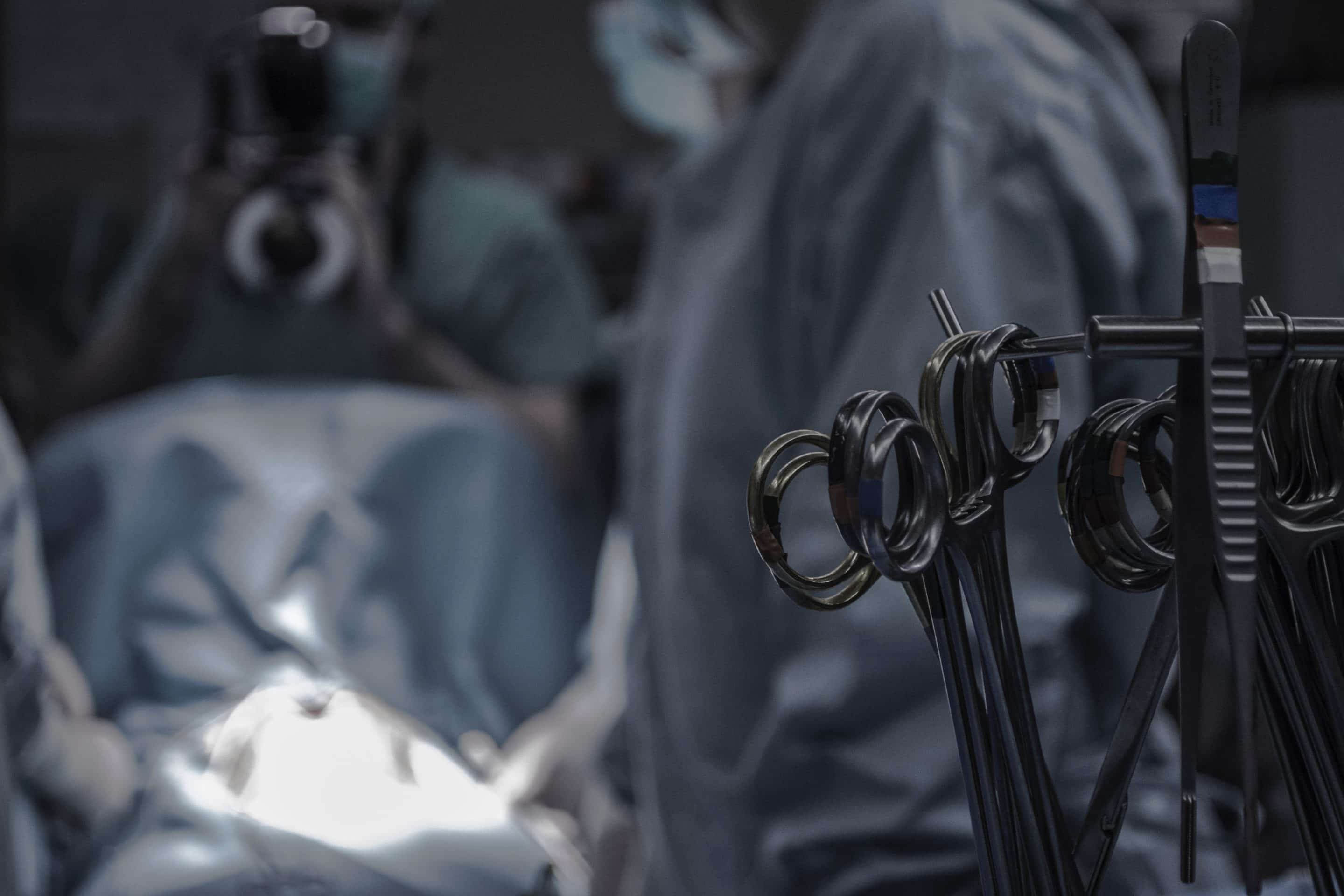
An individual facial features exist in balance with each other and the person’s body, for example a tall person requires a nose to be in both proportion and scale to the individual’s height. Dr Julian De Silva is an artist and has a complete appreciation for facial harmony and endeavors for Natural Looking Results.
Surgeons Credentials: There are strict regulations regarding surgical practice in the UK that ensure that surgeons are trained and skilled in reconstructive surgery, predominately in the NHS. Surgeons who perform cosmetic surgery are usually a member of a number of Medical Organisations. Usually membership to these organisations is based on the surgeons initial training. Organisations include British Association of Aesthetic Plastic Surgery(Reconstructive and Cosmetic Surgery in the entire body), British Society of Oculoplastic Surgeons (Reconstructive and Cosmetic Surgeons of the eyelids and mid-face) British Society of Otorhinolaryngologist Surgeons (Reconstructive and Cosmetic Surgeons in Ear, Nose and Throat), British Association of Oral and Maxillofacial Surgeons (Dental Surgeons who have then completed Surgical training in head and neck reconstruction) and British Association of Dermatologists.
What is the difference between a cosmetic and plastic surgeon: Most surgeons that practice in the UK are trained in the National Health Service (NHS) in reconstructive (functional) surgery, termed plastic surgery. Reconstructive surgery is the repair or restoration of tissues following injuries such as trauma, infection, inflammation or birth defects. Cosmetic surgery is different to reconstructive surgery as it is focused on appearance, patients are in good health and have made a choice to undergo surgery to improve themselves. Cosmetic surgery fellowship training exists in the USA in the form of 1-2 year specialised cosmetic fellowships.

Facelift & Facial Only Treatments
By focusing entirely on only facelift & facial cosmetic surgery procedures, Dr De Silva is able to provide the expertise that can only come with specialisation: facelift and neck lift, blepharoplasty, rhinoplasty and chin implants.
Natural Looking Results
Dr De Silva is a believer in the importance of artistry behind cosmetic results and focuses his skills at delivering natural looking results.
Fast Recovery
Dr De Silva has pioneered the advances in technology to speed up recovery with a combination regenerative medicine techniques, Oxygen and LED Therapy.
World Class Expertise
Dr De Silva also teaches other surgeons internationally and has contributed to the development of advanced surgical techniques, laser technology and stitch-less tissue adhesives.
Selecting your surgeon
Choose a Surgeon Who Specialises
It is important to realise that not all Plastic surgeons, nor all Oculo-Facial Plastic surgeons, ENT surgeons or Oro-Maxillary surgeons routinely perform eyelid surgery, nose reshaping or facelifts in their practices. It is imperative to find a surgeon that specialises in the face. Surgeons who operate on the body and breast are specialised in these areas that is a surgery of centimetres. Operations on the face, specifically eyelid surgery, nose reshaping and facelift surgery is a surgery of millimetres that requires a greater attention and finesse.
View the Surgeons Before & After Results
Most surgeons maintain a portfolio of examples of their results that compare before and after photos, and many qualified surgeons have a “Gallery” on their websites. You can tell about your potential results by looking at their previous work. Cosmetic surgery is a combination of both technique and artistry, your result is dependent on the individual surgeon who is completing the surgery.
Ask to See Simulated Results
Your surgeon should be able to analyse your pre-operative photographs with you and be able to show you their intended results. Some physicians prefer to use tracing paper to overlay your photographs, while others may show your photos with computer morphing software.
Practice what you Preach
Dr De Silva only advises patients to have treatments that he would consider on himself, his family or friends. He believes in a philosophy also known as the Golden Rule that describes “One should treat others as one would like others to treat oneself.”
World Class Facial Cosmetic and Plastic Surgery
Schedule a Consultation
When you have satisfied yourself regarding the above criteria, the next step is to meet face-to-face with the surgeon you are considering to pursue surgery with. Nothing can replace a face-to-face meeting with the surgeon themselves. The key to a good result is the artistry of the individual surgeon because no two faces are identical. Caution is advised in high street providers in which you are unable to meet the surgeon before the day of surgery as usually this means the surgeon is a mass market provider and may not be available after the surgery. More than one surgeon may ‘meet’ the qualifications but the focus should be that you feel comfortable with your surgeon and agree with their style. Excellent communication between you and your surgeon should be the main factor of your overall decision.
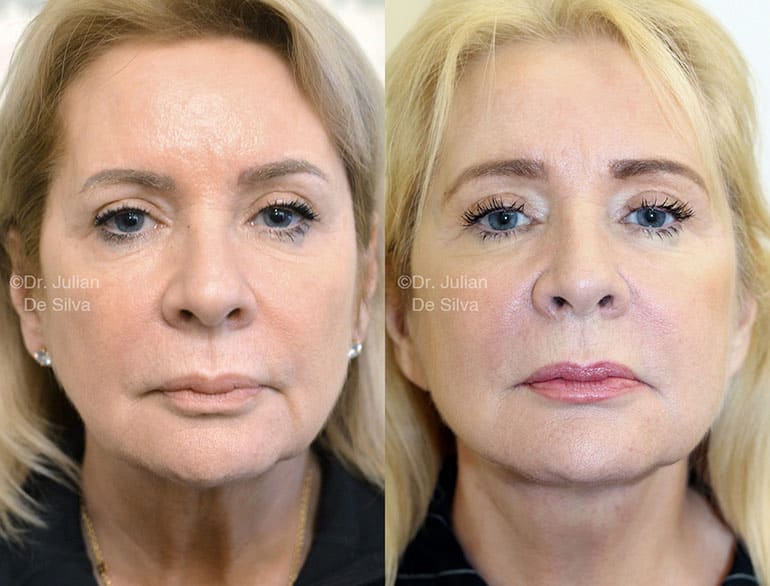
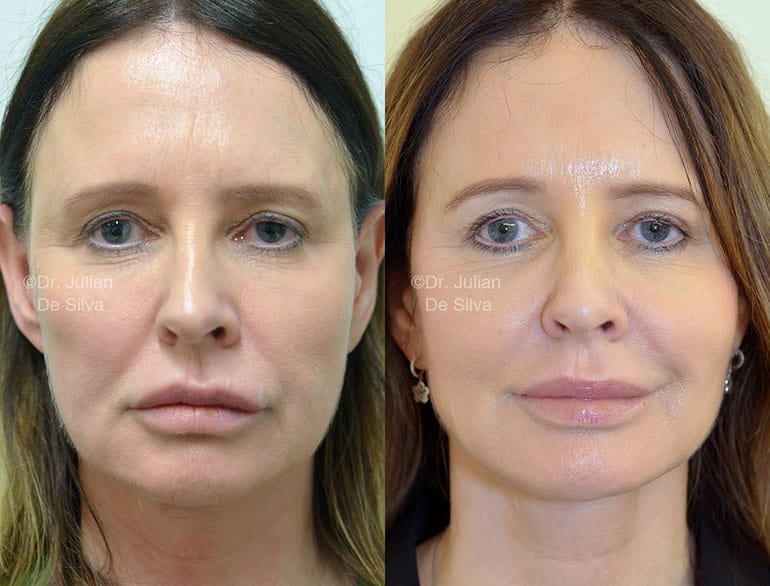
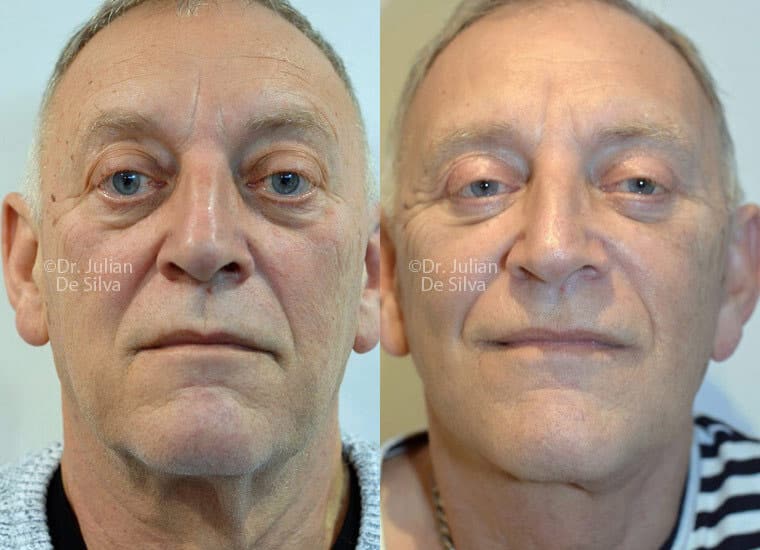
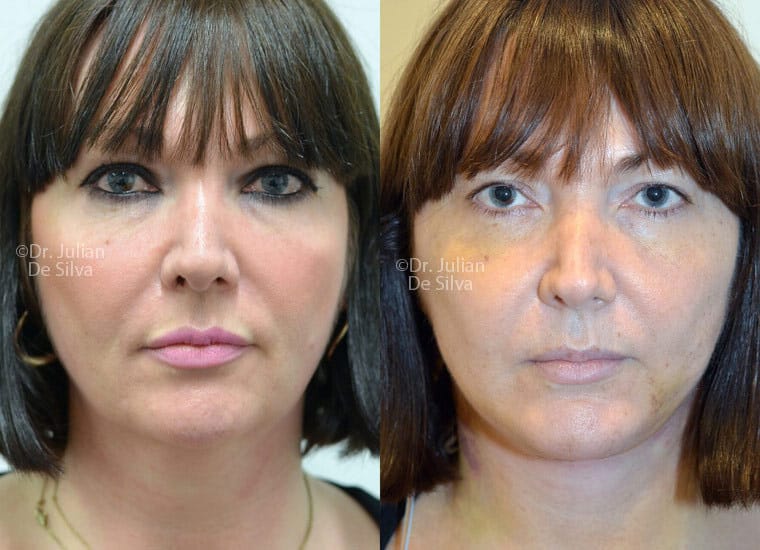
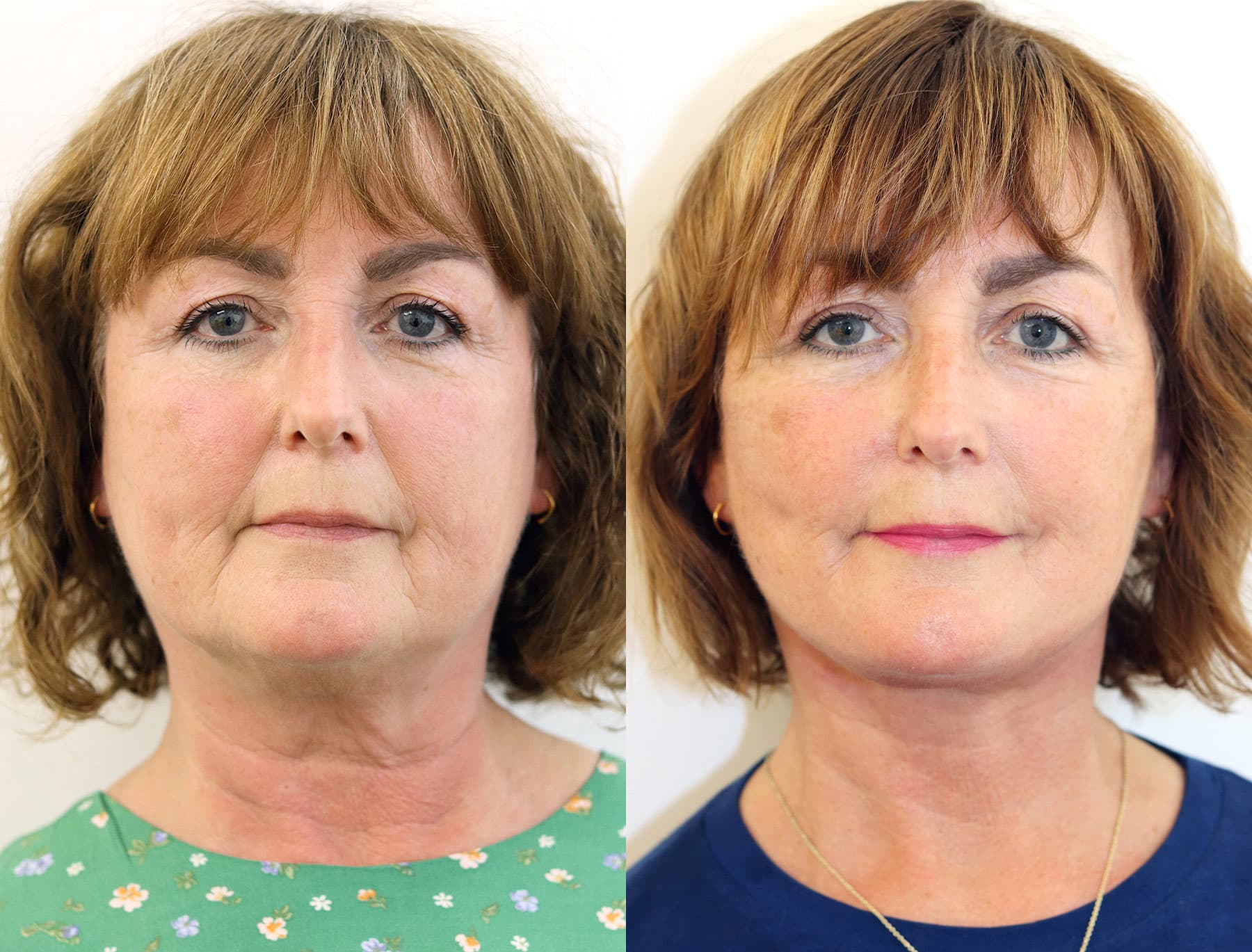
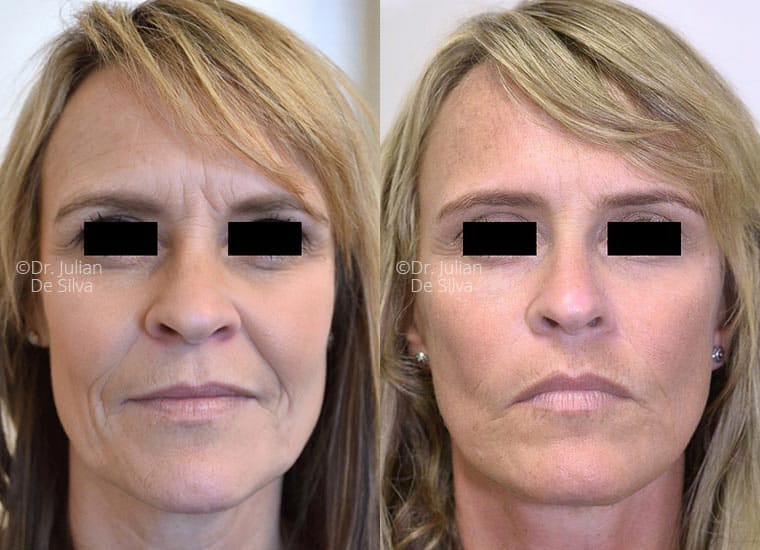
TESTIMONIAL
What our satisfied clients are saying
“Dr De Silva did a facelift and brow lift for me. I am delighted with the results. The look is so natural that people are shocked when I tell them I had cosmetic surgery. Even though my results are subtle, these procedures took years off my appearance. There are no scars as they are hidden . All the bruising on my neck was gone by two weeks and I was able to work five days after my surgery. Dr De Silva is a very caring individual and anyone who decides to trust their face has made a sound decision.”
RJ
Contact Details
Call: 020 8748 2860
Email: info@drjuliandesilva.co.uk
Address:
23 Harley Street
London, W1G 9QN, UK
Dr Julian De Silva
5 stars based on 458 reviews

Renowned expert in Facelift/Facial Cosmetic and Plastic Surgery. Signature techniques in Blepharoplasty, Rhinoplasty and Facelift surgery. Expert in revision surgery and in natural looking results

